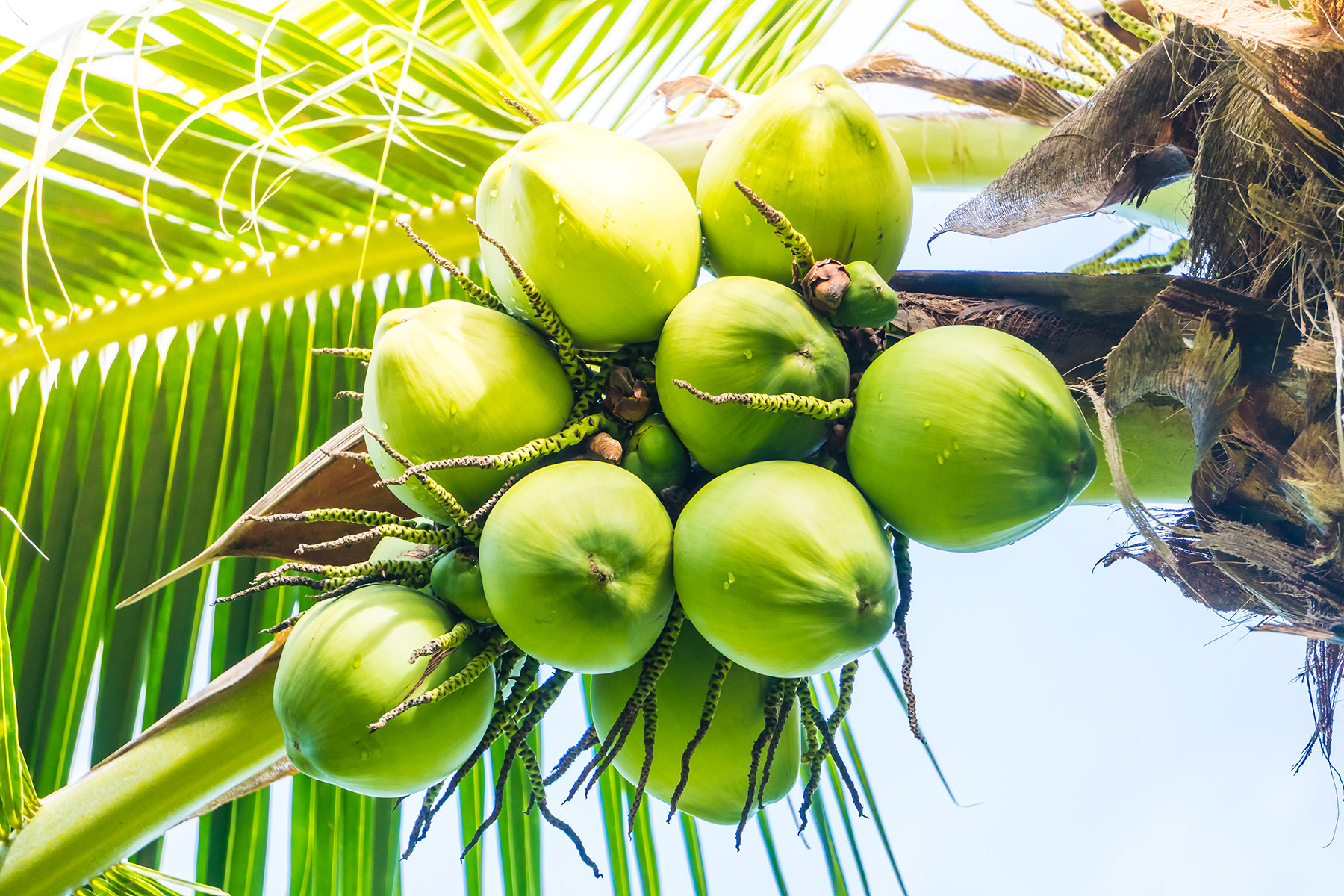In the realm of agriculture, few crops hold the promise of prosperity and sustainability quite like the humble coconut. With its myriad uses and adaptability to diverse climates, coconut farming emerges as not just a livelihood option but a pathway towards economic growth, environmental sustainability, and community resilience.
Coconut farming, often referred to as the “tree of life,” offers a plethora of benefits that extend far beyond its delicious fruit. From the lush tropics to coastal regions worldwide, coconut palms thrive in a variety of environments, making them accessible to farmers across different landscapes.
One of the most compelling reasons to venture into coconut farming lies in its economic potential. The coconut palm is a versatile crop, with virtually every part of the tree holding value. Beyond the sweet and refreshing coconut water and the nutritious flesh, coconuts yield oil, milk, and a myriad of by-products like coconut flour, sugar, and vinegar. The global demand for coconut-based products continues to rise, presenting lucrative opportunities for coconut farmers to capitalize on this trend.
Furthermore, coconut farming offers sustainable livelihoods and economic empowerment, particularly in rural and coastal communities. Smallholder farmers, often marginalized in traditional agricultural systems, can benefit from the relatively low input costs and high returns associated with coconut cultivation. By diversifying income streams and enhancing resilience to market fluctuations, coconut farming contributes to poverty alleviation and food security in vulnerable regions.
Beyond its economic significance, coconut farming plays a crucial role in environmental conservation and climate change mitigation. Coconut palms are resilient to extreme weather conditions, including hurricanes and cyclones, making them valuable assets in disaster-prone areas. Moreover, coconut plantations serve as carbon sinks, sequestering carbon dioxide from the atmosphere and mitigating the impacts of climate change.
The environmental benefits of coconut farming extend to soil conservation and biodiversity preservation. Coconut palms help prevent soil erosion, stabilize coastal ecosystems, and provide habitat and sustenance for diverse flora and fauna. Sustainable coconut farming practices, such as intercropping and agroforestry, further enhance ecosystem resilience and promote biodiversity conservation.
In conclusion, the importance of going into coconut farming cannot be overstated. As we navigate the challenges of a rapidly changing world, embracing sustainable agricultural practices like coconut farming offers a pathway towards prosperity, sustainability, and resilience. By harnessing the potential of the “tree of life,” we can unlock opportunities for economic growth, environmental stewardship, and community well-being, paving the way towards a brighter and more sustainable future.


Comments are closed.